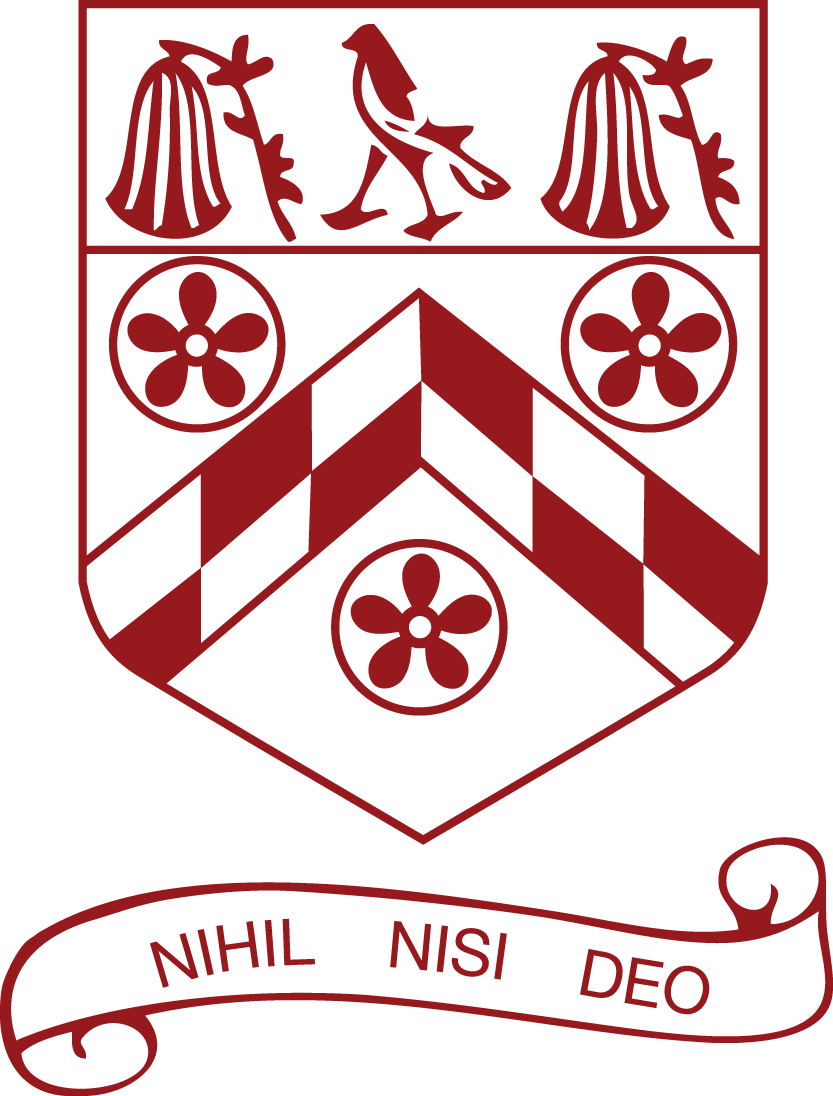Sixth Form
Physics
Physics uses experiments and theory to explore and understand the makeup of ourselves, the world around us, and beyond. It defines the motion, forces, and energy of everyday experiences, and can be seen everywhere. Playing sport or a musical instrument, looking at a rainbow, driving a car or using your phone all incorporate the laws of physics.
Physicists can link ideas to come to innovative solutions that may not previously have been considered. They constantly challenge the way we think with new concepts and ideas. This solution focused approach to a problem leads to the development of inventions that improve the way we live.
As a physics student, you will develop skills in numeracy, analysis and problem solving - all highly sought after by employers and universities. As one of the most respected A-Levels, physics students are found working in an unparalleled variety of careers and can command salaries far higher than the national average.
A Level Physics builds on the knowledge, understanding and skills you obtained in your GCSEs.
Minimum of Grade 7-6 in Physics in either Trilogy Science or Separate Science Physics along with 7 or above in Maths. There is a large mathematical component to the course and it is advised that Mathematics is studied in conjunction with Physics. A grade 5 in English is also required.
Universities hold Physics A level in high regard and it is a gateway subject to numerous areas of further study. It can lead to future careers in Architecture, Law, Medicine, Veterinary Science, Dentistry, Computing, Economics, Chemistry, Medical Physics, Mathematics and Environmental Science. It will also prepare students for industry careers such as those within the Engineering and Electronic sectors.

